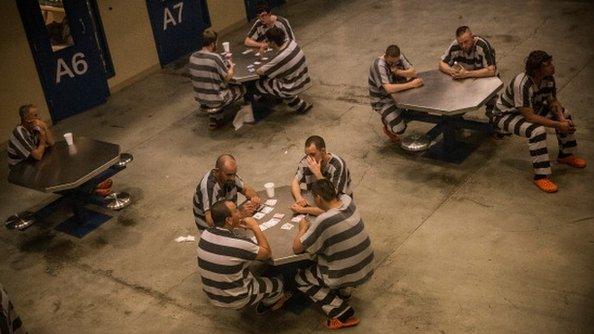Nearly 500 prisoners released in Oklahoma
- Published
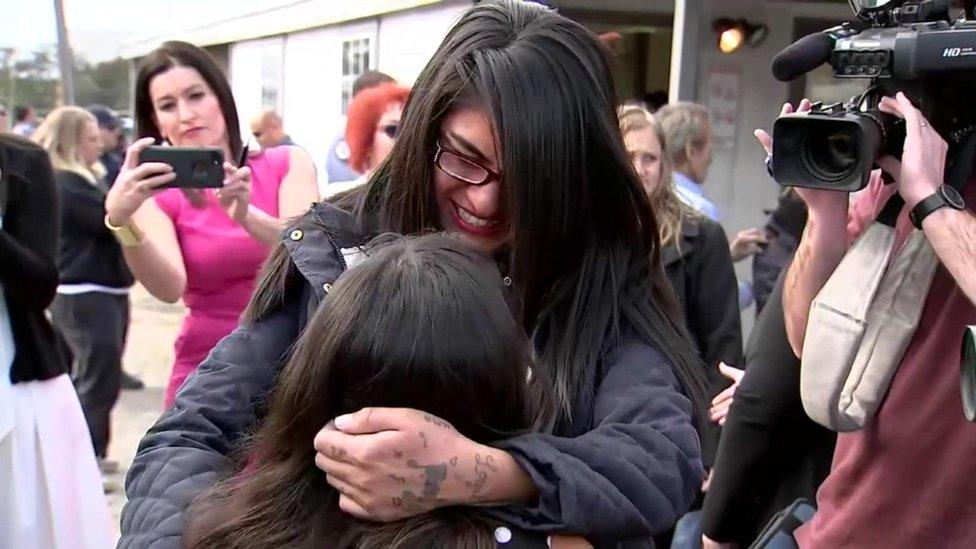
Some inmates were met with emotional embraces from their friends, family and children
Nearly 500 prisoners have been freed in the US state of Oklahoma in what is said to be the largest such release in US history.
The 462 inmates - jailed for low-level, non-violent crimes - had their sentences commuted.
Oklahoma residents voted in 2016 to reduce simple drug possession and minor property crimes to misdemeanours.
The state's incarceration rate is one of the highest in the US, which leads the world in number of jailed citizens.
Earlier this year, Oklahoma lawmakers passed a measure with bipartisan support to make it easier to review the sentences of inmates whose crimes would be classified as lesser offenses if charged today.
How did families react?
Scenes from the mass release on Monday showed people embracing amid tearful reunions outside the prisons.
Brody Whisenhunt - whose mother Robin Whisenhunt was among those released - sobbed as he told NBC News: "I miss my mom more than anything, and just to have her back is great."
Like many of those released, Whisenhunt had been jailed for simple drug possession.
Before 2016, simple drug possession and minor property crimes were classified as felonies in Oklahoma.
Governor Kevin Stitt, a Republican, told about 70 women freed at one prison that it was "the first day of the rest of your life."
How many sentences were commuted?
Sentences were commuted on Friday for a total of 527 inmates.
On average, those who have had their sentences commuted were incarcerated for three years, with 25% of them women.
Oklahoma has also taken measures to help the freed inmates with re-entry into society, including ensuring they are released with a state-issued driver's licence or identification card.
The state's Department of Corrections also held transition fairs to connect inmates with social services they might need upon release.
There have been bipartisan efforts across the US to send fewer citizens to prison for non-violent, low-level offences.
Last year, the US Senate passed a sweeping criminal justice reform bill that included reducing mandatory penalties for some drug-related crimes.

You may also be interested in...
Why does US still have 'debtors' prisons'?
- Published6 December 2018
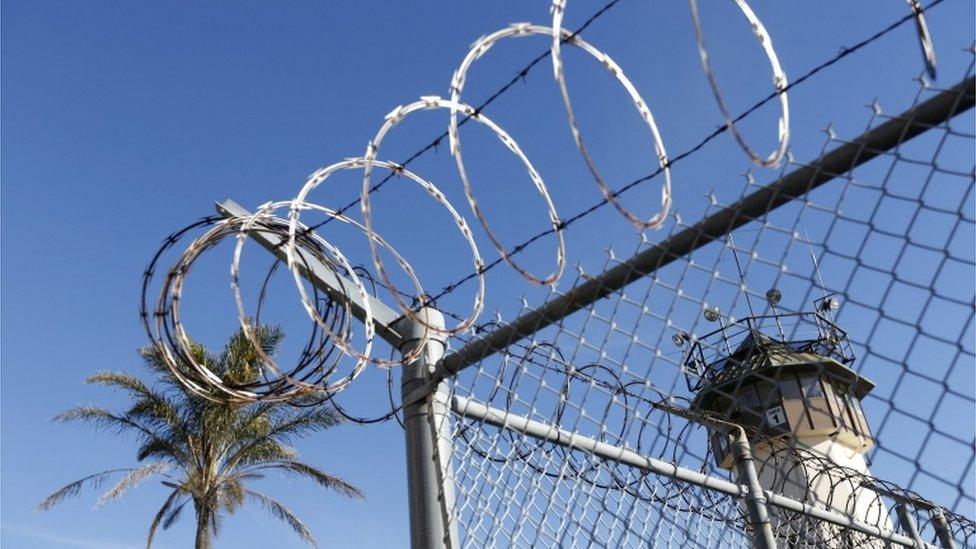
- Published30 March 2018
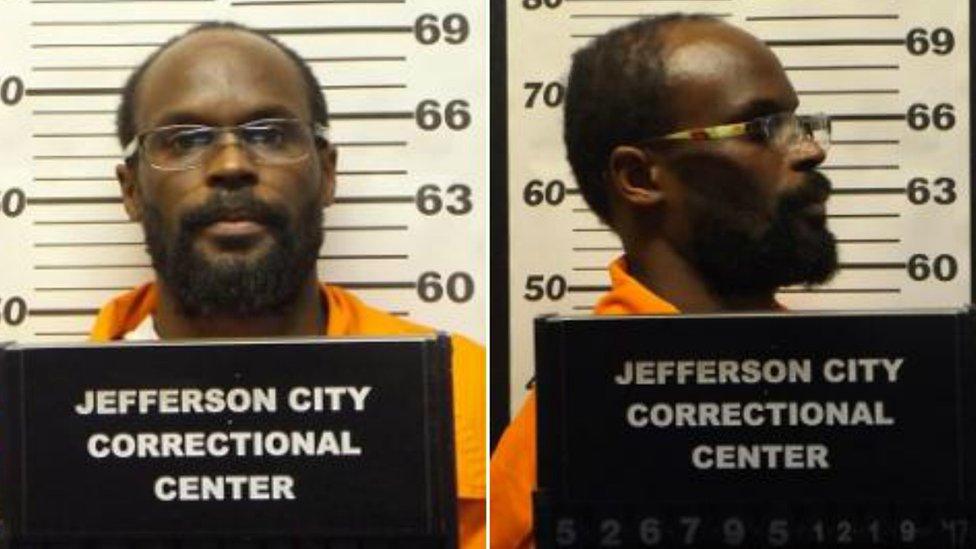
- Published21 August 2018
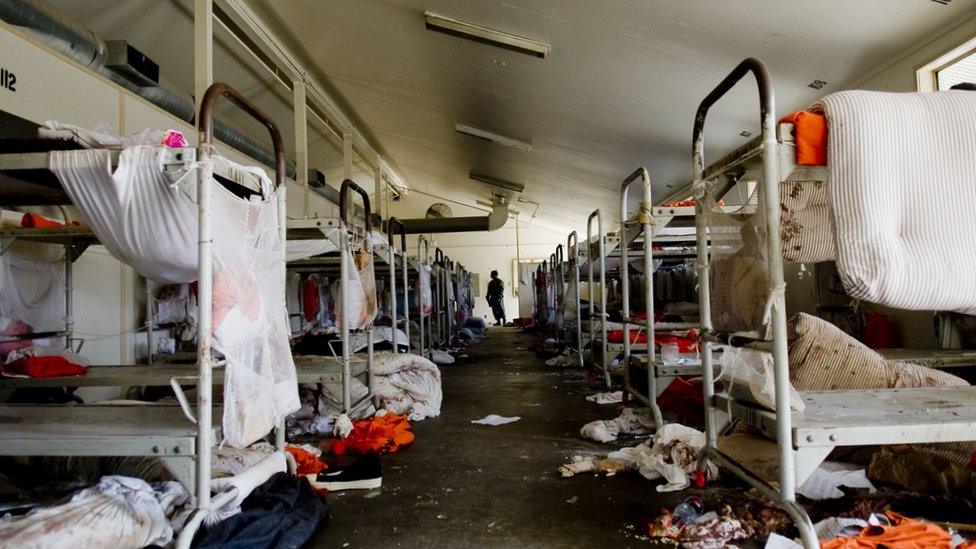
- Published19 December 2018
